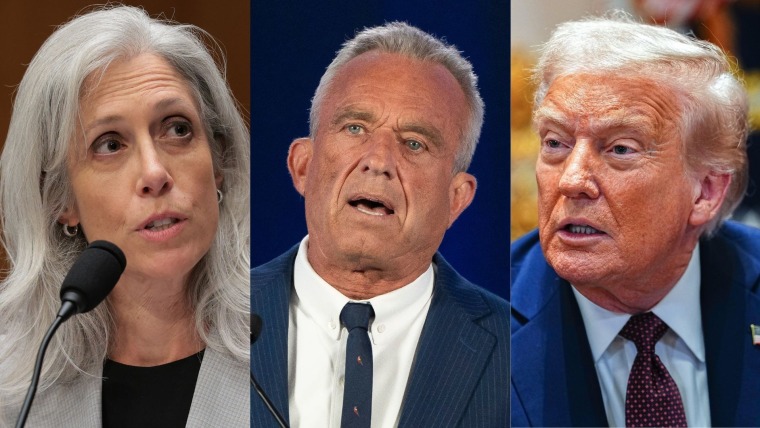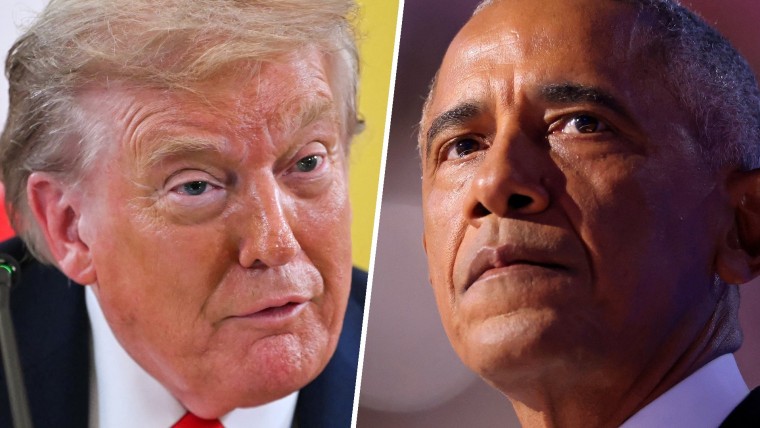Starting Sept. 1, Texas joins six other states in banning the sale of cell-cultivated meat. It’s a move that feels more symbolic than substantive — after all, cell-cultivated meat is still in its infancy, produced in limited quantities and approved for sale among only a few companies. Yet the symbolism matters. Instead of embracing a tool with enormous potential to address pressing global challenges, some lawmakers are slamming the door before we’ve even had a chance to explore what’s possible.
For Texas lawmakers to ban this technology now is, frankly, shortsighted — and un-American.
Cell-cultivated meat — sometimes called lab-grown meat — is real animal meat produced by taking a small sample of animal cells and growing them in a controlled brewery-like environment. No slaughter is required. The goal is to create a more humane option that could reduce the environmental and health downsides of conventional meat production.
The bans run counter to the very values Texas often claims to champion: entrepreneurship, free markets, consumer choice.
Consider the environmental context. Traditional meat production is responsible for a staggering share of greenhouse gas emissions, deforestation, and water use. And it drives habitat loss on a scale that endangers biodiversity worldwide. Cell-cultivated meat is not yet a perfect solution — current production methods remain energy intensive — but early studies suggest that with continued innovation, it could dramatically reduce land use, pollution and carbon emissions compared with industrial animal agriculture.
If we’re serious about tackling climate change, we need more options on the table, not fewer.
There’s also a public health dimension. Industrial animal farming is a breeding ground for zoonotic diseases and a major driver of antibiotic overuse, which accelerates the rise of resistant bacteria called superbugs. Cell-cultivated meat sidesteps many of these risks. Grown in sterile facilities, it doesn’t require anywhere near as many antibiotics, nor does it involve the dense confinement of animals that facilitates viral outbreaks. In a world where pandemics have reshaped our collective memory, ignoring safer food technologies is a gamble we cannot afford.
And then there’s the ethical dimension. Every year, tens of billions of land animals (and trillions of sea animals) are raised and slaughtered in conditions most people would rather not think about. Cell-cultivated meat offers an alternative that allows consumers to enjoy the taste of meat without the moral trade-offs. Even for those who do not personally object to torturing and/or killing animals, the simple fact that a more humane option exists should be cause for curiosity, not prohibition.
But here’s where the argument against bans becomes even clearer.
First, these laws are bad for the states themselves. Banning cell-cultivated meat doesn’t just block consumers from trying a new food. It also disincentivizes universities, startups and investors from putting down roots in states like Texas.

The cell-cultivated meat industry is still young, but it is already attracting billions of dollars in research funding, venture capital and private partnerships. By saying “not here,” Texas is essentially exporting those dollars, jobs and opportunities to more welcoming regions. At a time when states are competing fiercely to attract high-tech industries, this decision ensures Texas will lose out.
Second, these bans are bad for the nation. When American states reject innovation, they send a clear signal to companies: build elsewhere. And “elsewhere” increasingly means China, Singapore or Europe — regions that have been more open to experimentation. The U.S. risks repeating the mistake we made with solar panels, where hesitation at home allowed foreign competitors to dominate the market.
Do we really want the future of meat production — a technology that could reshape agriculture, trade and climate policy — controlled by other countries simply because we were too quick to shut the door?
Third, these bans are un-American. At their core, they run counter to the very values Texas and other states often claim to champion: entrepreneurship, free markets and consumer choice. To limit what scientists can research, what entrepreneurs can build and what consumers can buy is government overreach, plain and simple.
If cell-cultivated meat is truly unappealing, then consumers will reject it, and the companies making it will fail. That’s how markets work. But to pre-emptively prohibit a technology before it has even had the chance to compete? That’s not protecting freedom — it’s stifling it.
For Texas lawmakers to ban this technology now is, frankly, shortsighted — and un-American.
So why are states like Texas, Florida and Alabama banning cultivated meat? The justifications offered are often thin. Some politicians argue it’s about protecting ranchers, who fear economic displacement. Others appeal to “naturalness,” casting cell-cultivated meat as strange or unsafe. But history shows that dismissing new food technologies out of fear rarely holds up. Pasteurization, refrigeration and even “artificial ice” all faced initial skepticism before becoming mainstream. The idea that protecting ranchers requires banning potential competitors is particularly puzzling in states that otherwise champion free markets and innovation.
Of course, cell-cultivated meat is not a silver bullet. Critics are right to note that the technology is still expensive, scaling is difficult and its environmental advantages depend on how production evolves. But those are reasons to support research, not to prohibit it outright. If cell-cultivated meat succeeds, it could reduce our dependence on industrial animal farming. If it fails, it won’t be because Texas banned it in its early days — it will be because consumers didn’t want it, or the economics didn’t work out. That’s how innovation should rise or fall: on its merits, not on premature political bans.
At its heart, this debate is not about whether Texans — or anyone — should eat cell-cultivated meat tomorrow. It’s about whether we will allow innovation to flourish so that people can decide for themselves. Banning a technology before it has even had a chance to prove itself is not conservative. It is not pragmatic. It is not wise. It is anti-American.
Texas prides itself on independence, grit and innovation. Banning cell-cultivated meat betrays those values. Rather than fearing the future of food, the Lone Star State — and the rest of the nation for that matter — should be shaping it.
